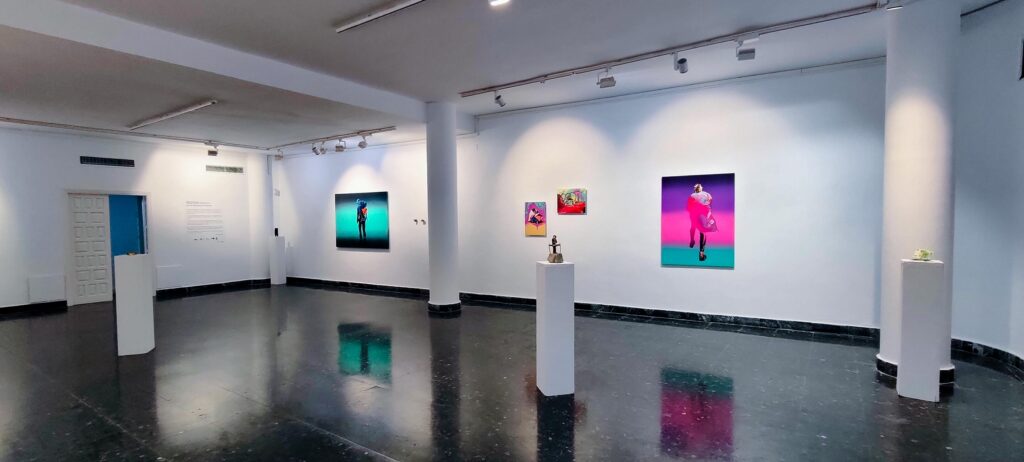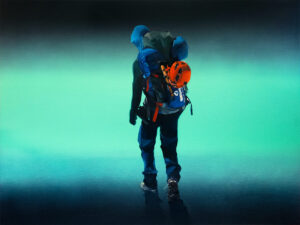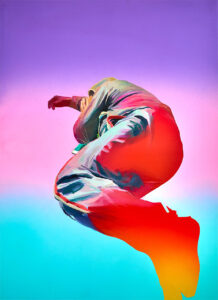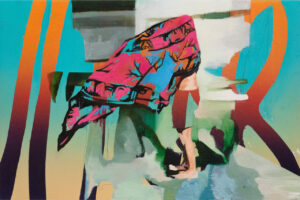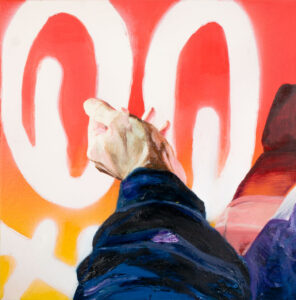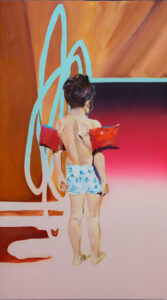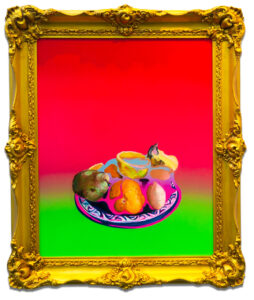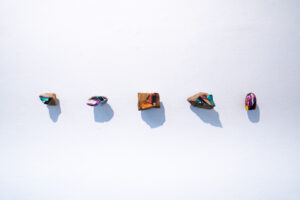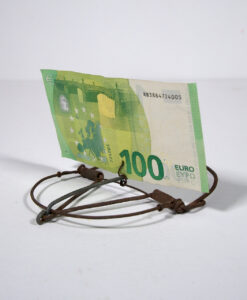"These prisoners, like most men, think they know and are happy in their ignorance, but they live in error, and take for real and true what are but mere shadows of fabricated objects and echoes of voices".
Platón
We are currently facing a disturbing behavioural design that the new media translates as freedom. It is the double-edged sword that technological advances present us with and that plays with social, cultural and human vulnerability.
Transposing Platonic thought to the present day, the sensible world (that which we capture through the senses) begins to merge with a digital world full of references, elements and copies of copies. An overload of information that is difficult to assimilate and clouds the approach to reflective knowledge.
"The old (...) is usually the best of the past, which is always a value, a substance from which experiences and essences are extracted, where the memory of what we are, of what has been and continues to exist for eternity".
Montiel, 1993
Faced with a future where there will be no time to look back and a past increasingly vulnerable to oblivion, the works that make up Bezoar are signs for a forced halt.
From there, a joint reflection is proposed from intrahistory; yours; mine; the one we share from everyday life, from what happens naturally underneath the changing surface. That which constitutes the true foundations of our critical thinking.
Using the same capturing procedure used by technology, the virtual world and digital marketing, Jaime Velázquez takes it to his own space. He starts from the intimate; photographs and visual resources of his own or belonging to people close to him that he takes out of their context to transfer them to other unknown dimensions.
With a mixed language that combines figurative techniques with a powerful urban and digital abstraction, we are confronted with scenes of paradoxical beauty in the scenario of uncertainty and non-conformism in today's society.
Bezoar is the transformation of what we are unable to digest into beauty and power; into antidote and resistance.
Celia Moro Peruyera
Cultural Management
